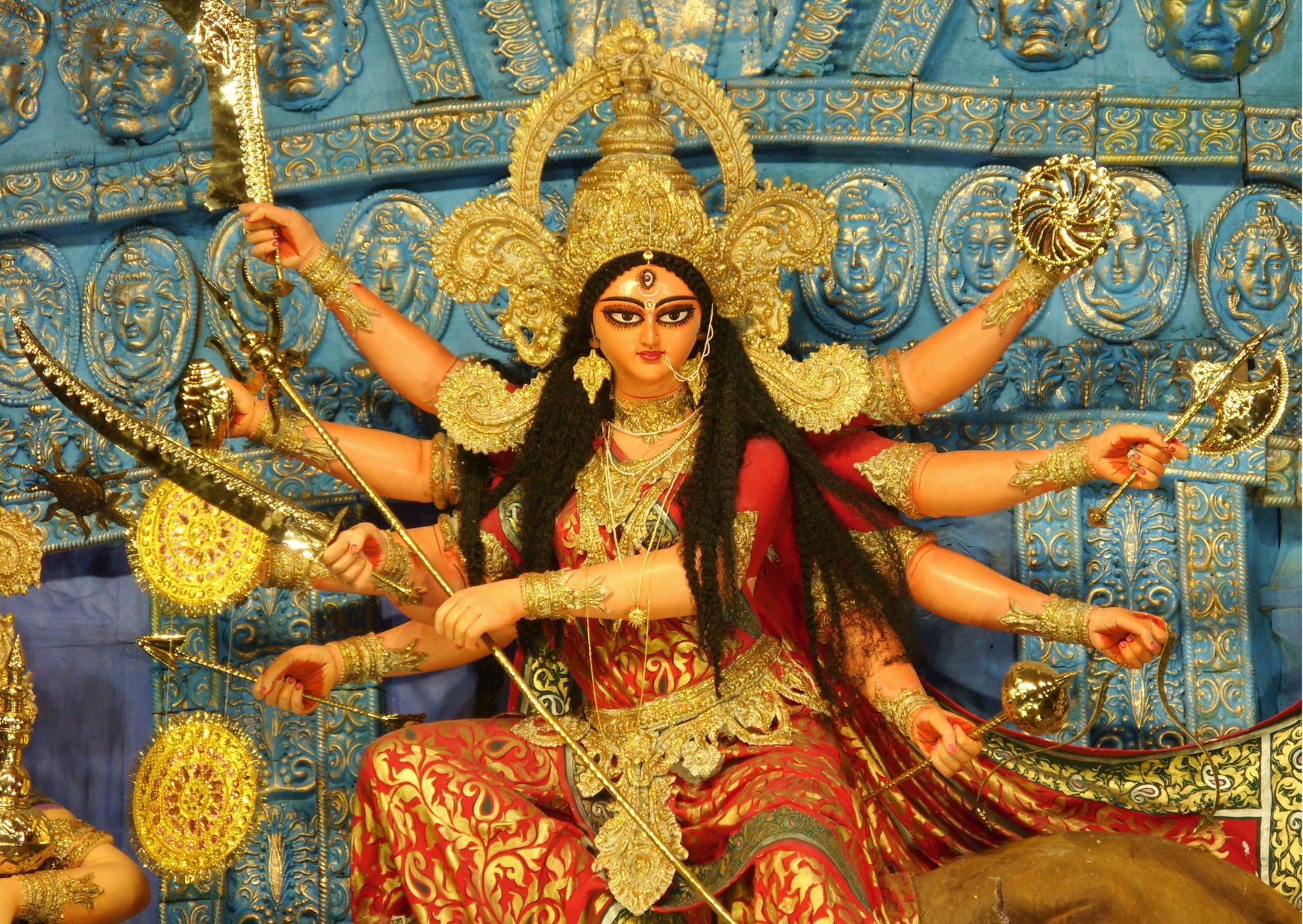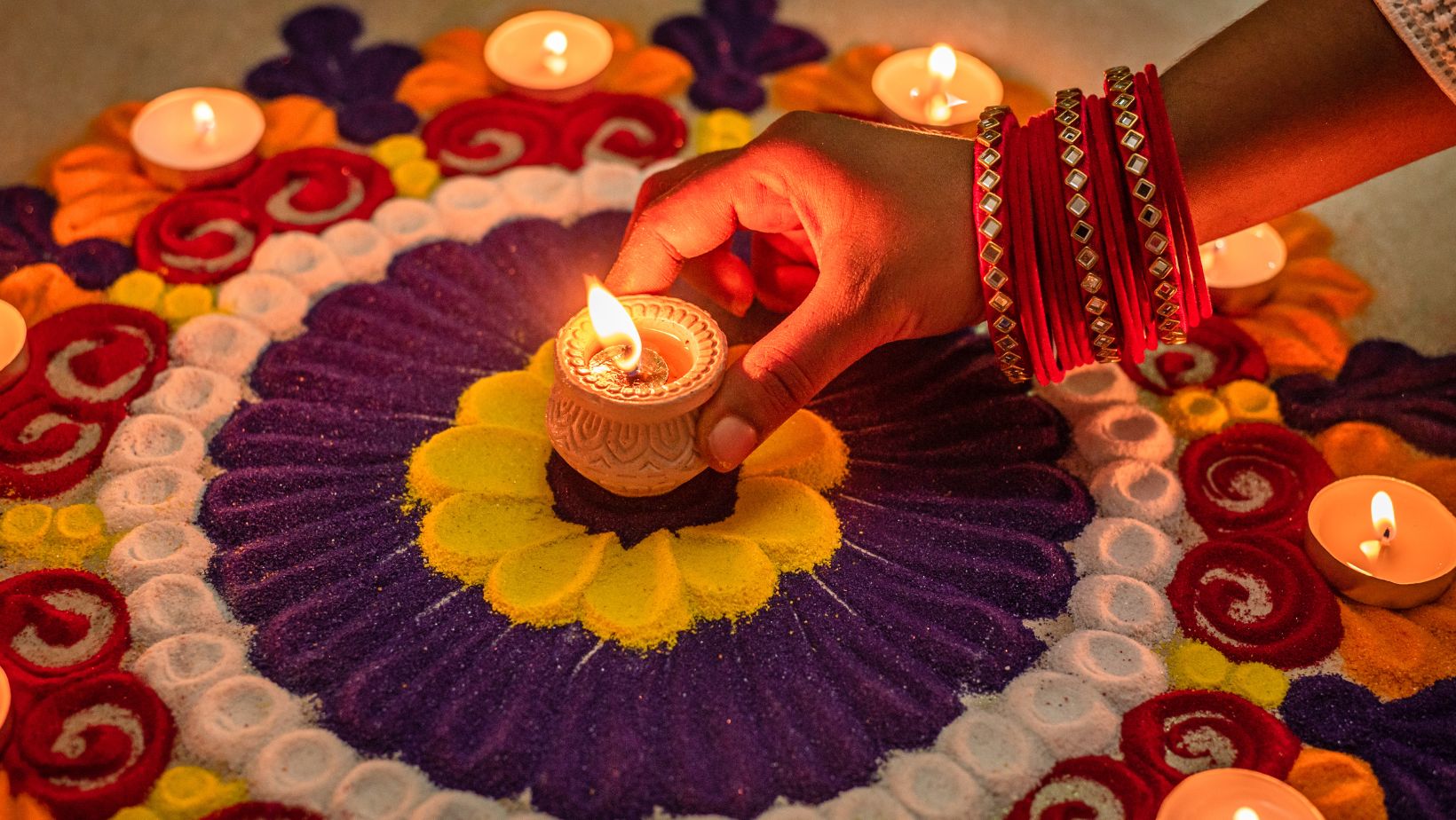Sacred Hindi words from Hindu philosophies added to the Oxford English dictionary
The Sanskrit origin Hindi words of Hindu thought are not just fundamental to philosophy and mediation, they also reflect the basic framework of words that one cannot refrain from using, while talking on the subject
Sacred Indian words from Hindu philosophy in the Oxford Dictionary
Philosophy is the study of general and fundamental questions, such as those about existence, reason, knowledge, values, mind and language. Philosophy and Sanskrit have an everlasting bond. And most of those words have carried on into Hindi.
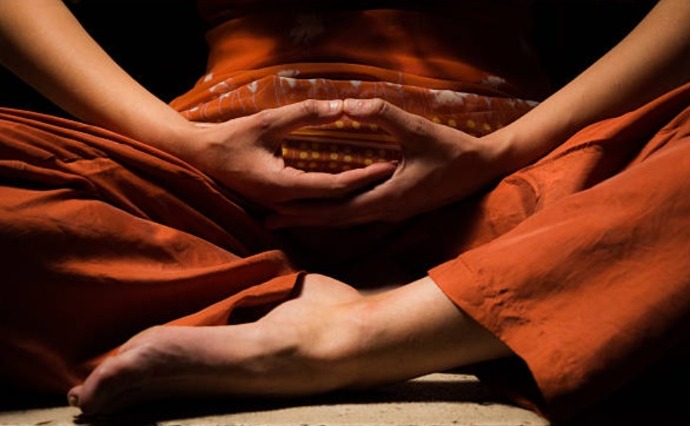
Today fundamental philosophical words in different languages are communicated across the globe using their Hindi counterparts. Be it words used to symbolise Yog or our spiritual self, the Hindi words have remained as the preferred language of communication irrespective of who uses them when and where.
Hindi philosophical words that have been incorporated in the Oxford English Dictionary
Yoga a Hindu philosophy that teaches you how to control your body and mind in the belief that you can become united with the spirit of the universe
Namaskar a way of greeting somebody in which the hands are placed together as in prayer and the head is bent forward
Swami a Hindu religious teacher
Guru a person who is an expert on a particular subject
Pundit a person who knows a lot about a particular subject and who often talks about it in public
Mantra a word, phrase or sound repeated again and again during prayer or meditation
Nirvana the state of peace and happiness that a person achieves after giving up all personal desires
Karma the sum of someone’s good and bad actions in one of their lives, believed to decide what will happen to them in the next life.
Mahatma a holy person in South Asia respected by many people
Sadhana time spent in serious and regular practice or learning especially in religion or music
Sadhu a Hindu holy man , especially one who lives away from people and society
Prana the force that keeps all life in existence
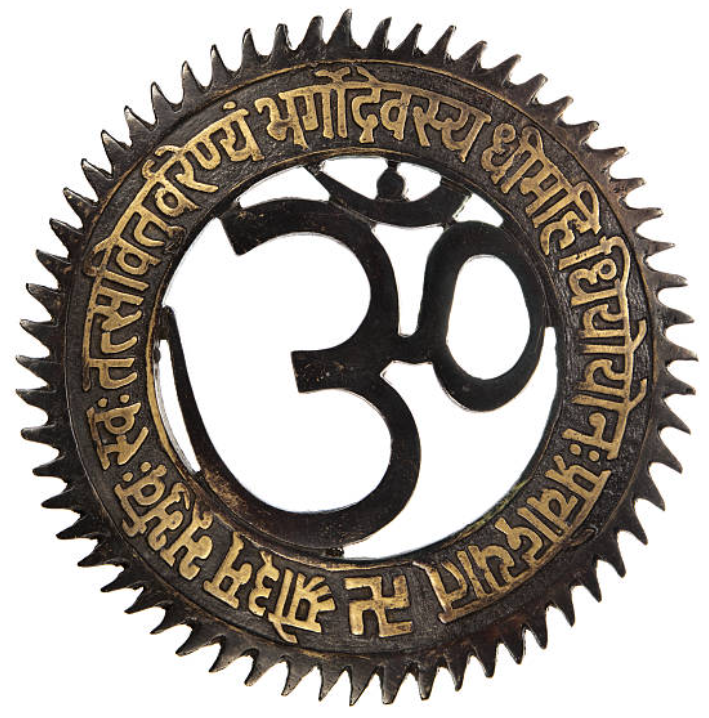
Each of the above word from Hindu thought is not just fundamental to philosophy and mediation, it also reflects the basic framework of words that one cannot refrain from using, while talking on the subject.
The OED panel responsible for deciding upon the final list of these philosophical words to be incorporated have been of the unanimous opinion that Indians have a highly specific vocabulary with no direct equivalent in English. Hundreds of Indian words are today in the OED, including some slang words. You can check them out here!
(The meanings of the Indian words written above are as mentioned in the OED).
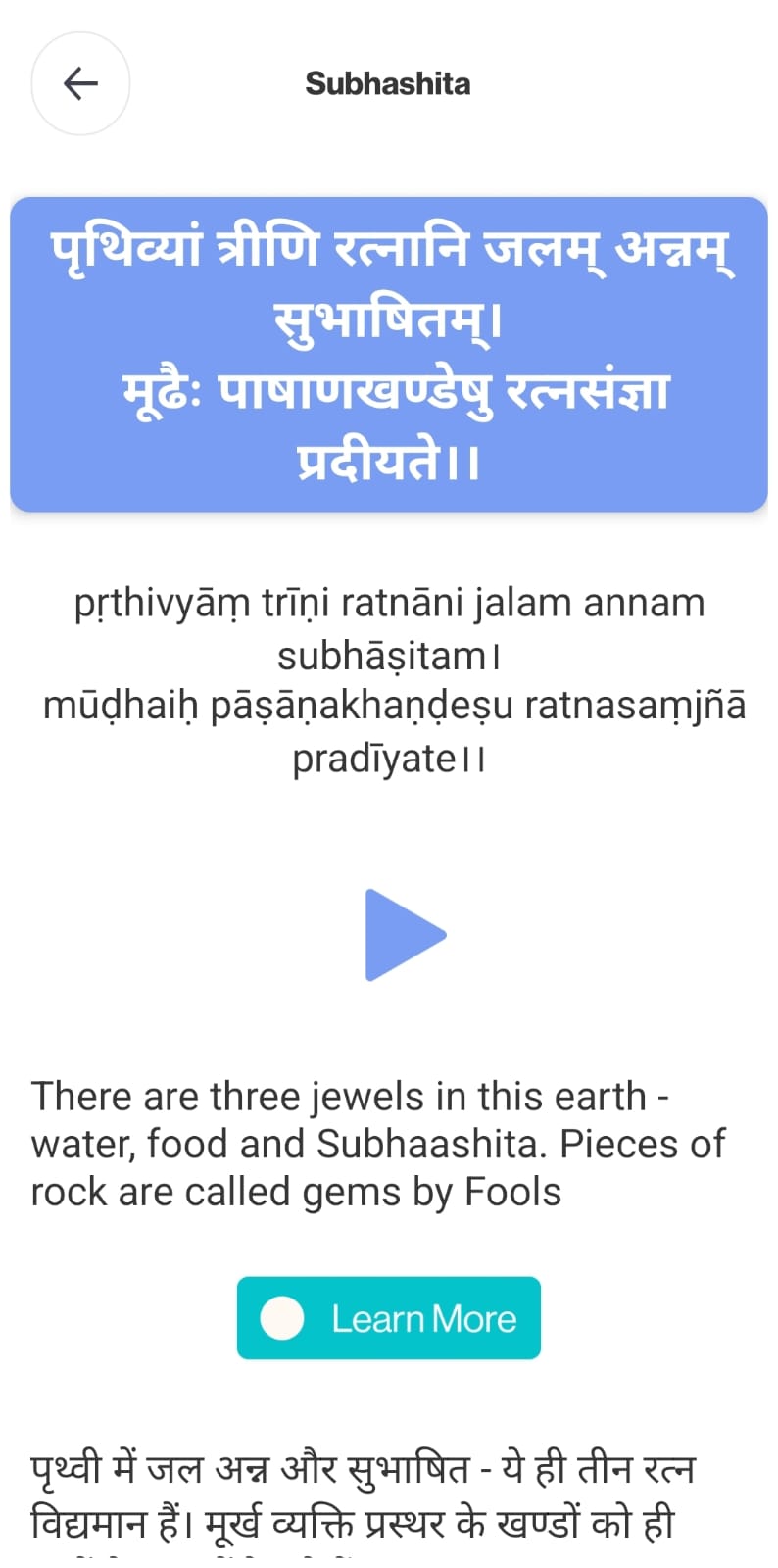 Do you ❤️love Sanskrit and are hoping to read more and more of Sanskrit? Do download the Language Curry App and select 'Sanskrit'. From there click on the Learning tab and you will find at your fingertips a huge treasure trove of shubhashitas and shlokas with their meaning in both English and Hindi. Also you can hit the purple colour ►button and hear the correct pronounciation. To understand the text word by word, hit the green colour Learn More button.
Do you ❤️love Sanskrit and are hoping to read more and more of Sanskrit? Do download the Language Curry App and select 'Sanskrit'. From there click on the Learning tab and you will find at your fingertips a huge treasure trove of shubhashitas and shlokas with their meaning in both English and Hindi. Also you can hit the purple colour ►button and hear the correct pronounciation. To understand the text word by word, hit the green colour Learn More button.


